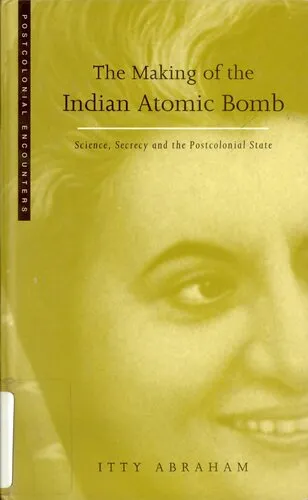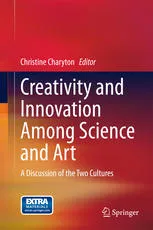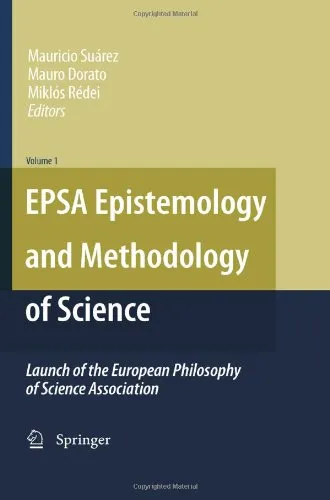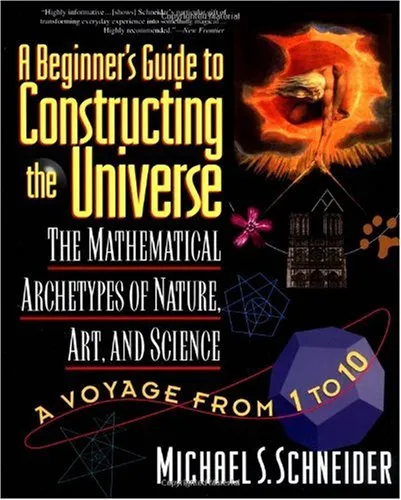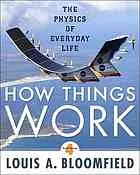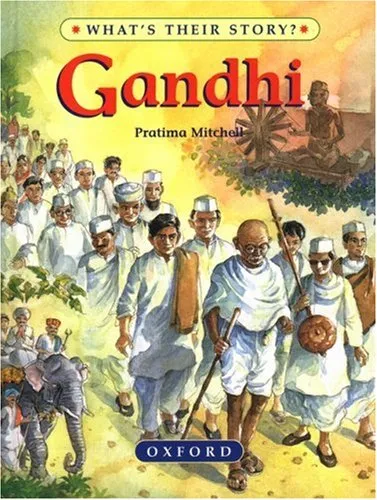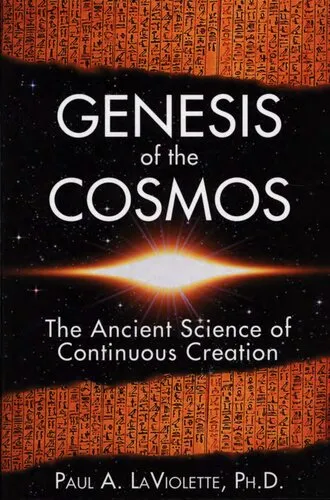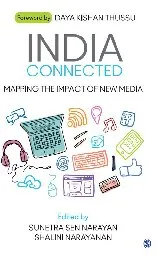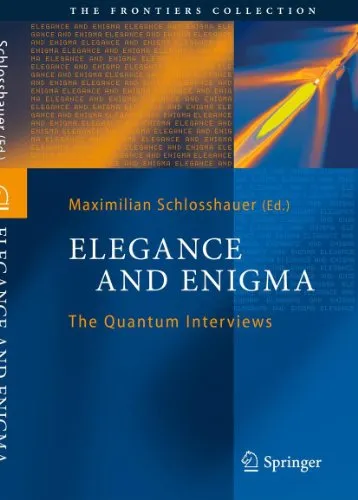The Making of the Indian Atomic Bomb: Science, Secrecy and the Postcolonial State
4.3
بر اساس نظر کاربران

شما میتونید سوالاتتون در باره کتاب رو از هوش مصنوعیش بعد از ورود بپرسید
هر دانلود یا پرسش از هوش مصنوعی 2 امتیاز لازم دارد، برای بدست آوردن امتیاز رایگان، به صفحه ی راهنمای امتیازات سر بزنید و یک سری کار ارزشمند انجام بدینکتاب های مرتبط:
معرفی کتاب: The Making of the Indian Atomic Bomb
کتاب The Making of the Indian Atomic Bomb: Science, Secrecy and the Postcolonial State اثری عمیق و پژوهشی از من، ایتی آبراهام، است که به تحلیل رابطه پیچیده میان علم، سیاست، دولت پسامستعمرهای هند و مفهوم secrecy در زمینه توسعه سلاحهای اتمی این کشور میپردازد. این کتاب، تاریخچهای بیسابقه از نقش علم و تکنولوژی در شکلدهی به هویت سیاسی پس از استقلال هند ارائه میدهد و به شکلی دقیق، تأثیرات ژئوپلیتیکی و استراتژیکی بمب اتمی را بررسی میکند.
خلاصهای دقیق از کتاب
این کتاب به چارچوبی میپردازد که در آن پروژه اتمی هند، نه تنها بهعنوان یک پروژه علمی، بلکه بهعنوان ابزاری از هویتسازی ملی و دولتی در سالهای پس از استعمار دیده میشود. من با بهرهگیری از تحلیل تاریخی و جامعهشناختی، نشان دادهام که چگونه جنبههای مختلف پروژه بمب اتمی هند، مانند research and development، secrecy، و قدرت سیاسی، به منطقی اساسی در سیاستهای داخلی و بینالمللی تبدیل شده است.
در این مطالعه، تاکید شده است که فرایند ساخت بمب اتمی هند تنها به جنبههای فنی و علمی محدود نمیشود بلکه با مسائل ایدئولوژیک، فشارهای ژئوپلیتیکی و استراتژیهای دیپلماتیک دولت هند پیوند نزدیکی دارد. این کتاب در چندین فصل، تأثیر تکنولوژی بر قدرت و سیاست را در چارچوب یک دولت پسامستعمرهای بررسی میکند.
نکات کلیدی کتاب
- ترکیب علم، سیاست و ایدئولوژی در شکلگیری پروژه اتمی هند
- نقش secrecy در سیاستگذاریهای اتمی دولت هند و تاثیرات آن بر ملتسازی
- بررسی رابطه میان استعمارزدایی و تسلیحات اتمی
- نقش کشورهای غربی در شکلگیری سیاست اتمی هند
- تحلیل انتقادی وابستگی تکنولوژیک در کشورهای در حال توسعه
جملات معروف از کتاب
"Secrecy is not merely a practice of concealment; it is a productive force that shapes the very nature of science, knowledge, and state power in the postcolonial world."
"The Indian atomic bomb is not just a technological achievement; it is a manifestation of the postcolonial state's anxieties, aspirations, and identity."
"The relationship between knowledge and power in the atomic project reveals the contradictions of sovereignty in a postcolonial world."
چرا این کتاب مهم است؟
اهمیت این کتاب نه تنها در تحلیل دقیق ساختارهای بنیادی پروژه بمب اتمی هند، بلکه در ارائه رویکرد جدیدی به نقش علم و تکنولوژی در جوامع پس از استعمار است. این اثر با بهرهگیری از روشهای میانرشتهای Sociology of Science، تاریخ و تحلیل سیاسی، نشان میدهد که چگونه ملتها از تکنولوژی برای ایجاد و نمایش قدرت استفاده میکنند.
برای پژوهشگران، دانشجویان و علاقهمندان به حوزه تاریخ علم، مطالعات پسااستعماری، و سیاستهای بینالمللی، این کتاب یک منبع ارزشمند به شمار میرود. همینطور، این اثر به ما کمک میکند تا بفهمیم چگونه پروژههای علمی میتوانند تبدیل به نمادهای هویت ملی و ابزارهای قدرت شدند.
Introduction to "The Making of the Indian Atomic Bomb: Science, Secrecy and the Postcolonial State"
"The Making of the Indian Atomic Bomb: Science, Secrecy and the Postcolonial State" is a groundbreaking exploration of India's journey into nuclear technology and its trajectory towards becoming a nuclear power. Written by Itty Abraham, a scholar deeply engaged with postcolonial studies and the sociology of science, the book examines how science, secrecy, and state power coalesce in postcolonial India to define its atomic ambitions. While often viewed through the lens of geopolitics or technological prowess, Abraham moves beyond common narratives to uncover profound insights into the sociopolitical and cultural conditions that facilitated India’s nuclear project.
This meticulously researched work investigates not only the technical and scientific milestones of India's nuclear program but also the complex relationship between knowledge production, state secrecy, and national identity in a postcolonial context. The book questions conventional frameworks of power and explores how the legacies of colonialism continue to shape modern states like India. It is an essential read for those seeking a deeper understanding of the interconnected politics of technology and nationalism, especially in the Global South.
Detailed Summary of the Book
The book opens by situating India’s nuclear program within its broader geopolitical and historical contexts. After gaining independence in 1947, India inherited a colonial legacy of inequality, technological dependency, and political subjugation. Itty Abraham examines how this historical backdrop shaped the postcolonial state’s desire for self-sufficiency and modernity, both symbolized by nuclear technology. The narrative delves into the fascinating history of India's atomic projects, from its inception in the 1940s under Homi Bhabha to the 1974 Pokhran-I nuclear test.
Through a multidisciplinary lens, Abraham uncovers the decisive role of secrecy in India's nuclear development. Unlike transparent democratic processes, the construction of the Indian atomic bomb thrived within an opaque system, necessitating the prioritization of state control over scientific inquiry. The book critiques this model of secretive governance and its implications for the relationship between science and civil society within a democracy.
Furthermore, Abraham explores the symbolic importance of the bomb, which became a marker of national achievement and prestige despite its contentious use in global politics. He draws parallels between India’s postcolonial challenges and its nuclear ambitions, arguing that the atomic bomb ultimately served as a tool for asserting sovereignty in a world dominated by Western powers. The book concludes by questioning the ethics and future direction of India's nuclear strategy, placing it within broader debates about postcolonial identity and global inequality.
Key Takeaways
- The Indian atomic bomb is not merely a weapon; it is a symbol of postcolonial sovereignty, national pride, and modern scientific achievement.
- Secrecy was central to India’s nuclear program, creating a paradox where the state’s technological ambitions marginalized democratic processes.
- The legacy of colonialism deeply influenced the structure of India’s postcolonial state and its approach to science and technology.
- The book challenges conventional ideas about nuclear development by highlighting the unique sociopolitical conditions in the Global South.
- Science and nationalism are deeply intertwined, and India's nuclear project is a prime example of this dynamic in action.
Famous Quotes from the Book
"The making of the Indian atomic bomb was as much about building a nation in the aftermath of colonialism as it was about building a weapon."
"It is through secrecy that the state gains power over science, but it is also through secrecy that science is tied to the state’s vision of itself."
"The bomb, though destructive, also holds the contradictory promise of sovereignty and self-reliance to postcolonial nations."
Why This Book Matters
"The Making of the Indian Atomic Bomb" is more than just a historical account of India’s nuclear program; it is a profound exploration of the intersections between technology, politics, and identity in a postcolonial world. It sheds light on the complexities of state power, secrecy, and science while challenging dominant Western-centric narratives about nuclear proliferation. Itty Abraham’s work is especially significant today as political debates about nationalism, scientific development, and global inequality remain at the forefront of international discourse.
By situating India's atomic journey within the broader sociopolitical framework of postcoloniality, the book speaks to scholars of international relations, science and technology studies, and South Asian history. It invites readers to think critically about the global hierarchies that shape technological achievements and to question the ethical implications of viewing nuclear weapons as symbols of national power. In doing so, the book remains a relevant and thought-provoking contribution to the fields of political science and postcolonial studies.
دانلود رایگان مستقیم
شما میتونید سوالاتتون در باره کتاب رو از هوش مصنوعیش بعد از ورود بپرسید
دسترسی به کتابها از طریق پلتفرمهای قانونی و کتابخانههای عمومی نه تنها از حقوق نویسندگان و ناشران حمایت میکند، بلکه به پایداری فرهنگ کتابخوانی نیز کمک میرساند. پیش از دانلود، لحظهای به بررسی این گزینهها فکر کنید.
این کتاب رو در پلتفرم های دیگه ببینید
WorldCat به شما کمک میکنه تا کتاب ها رو در کتابخانه های سراسر دنیا پیدا کنید
امتیازها، نظرات تخصصی و صحبت ها درباره کتاب را در Goodreads ببینید
کتابهای کمیاب یا دست دوم را در AbeBooks پیدا کنید و بخرید
1360
بازدید4.3
امتیاز0
نظر98%
رضایتنظرات:
4.3
بر اساس 0 نظر کاربران
Questions & Answers
Ask questions about this book or help others by answering
No questions yet. Be the first to ask!
